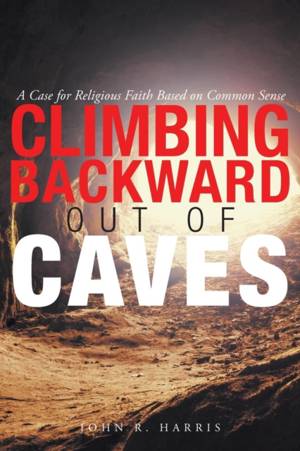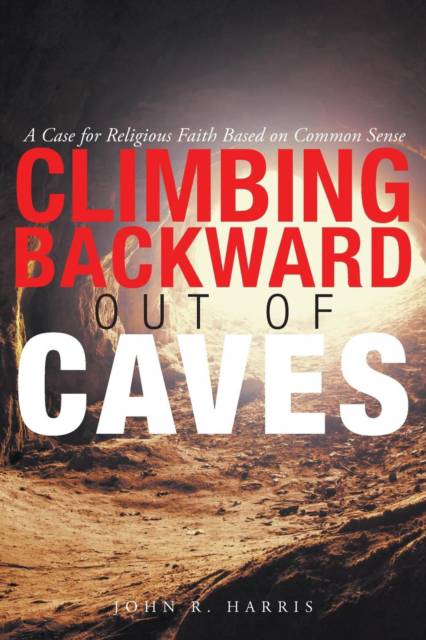
- Afhalen na 1 uur in een winkel met voorraad
- Gratis thuislevering in België vanaf € 30
- Ruim aanbod met 7 miljoen producten
- Afhalen na 1 uur in een winkel met voorraad
- Gratis thuislevering in België vanaf € 30
- Ruim aanbod met 7 miljoen producten
Zoeken
Omschrijving
The first draft of this rational case on behalf of religious faith was written in spring of 2010. Though much revised, the book still comprises three parts offering complementary perspectives. "Why Science Cannot Be the Final Word" logically demonstrates that the empirical approach (what we commonly call science) cannot possibly render conclusive answers to questions about the nature of ultimate reality. It relies heavily upon Immanuel Kant's "antinomies of pure reason." "Reasons to Be Suspicious of Faith" presents some of the emotional responses frequently voiced by non-believers. In the absence of conclusive empirical evidence and logical proof, we are left with "feelings"-some of which are quite poignant. Though these emotions deserve respect when they are genuine (as opposed to derisive or exhibitionist), all eventually undercut themselves in hopeless contradiction. Finally, "Reasons to Be Inclined to Have Faith" argues that our sentimental orientation as human beings becomes most coherent and is pointed in the most productive direction if we assume certain spiritual realities. The rudiments of faith cannot be proved any more than they can be disproved. Yet to assume a higher reality, far from being less reasonable, is much more so if we are trying to explain such cryptic inclinations as our admiration for selfless deeds and the crushing guilt we feel after committing a vile act. The book seldom cites biblical passages. Its intent is explicitly not to presume that the reader acknowledges the authority of any scriptural tradition, but rather to place final authority in the soul's mirror: a bared, self-examining heart and mind.
Specificaties
Betrokkenen
- Auteur(s):
- Uitgeverij:
Inhoud
- Aantal bladzijden:
- 140
- Taal:
- Engels
Eigenschappen
- Productcode (EAN):
- 9781634176408
- Verschijningsdatum:
- 4/03/2015
- Uitvoering:
- Paperback
- Formaat:
- Trade paperback (VS)
- Afmetingen:
- 152 mm x 229 mm
- Gewicht:
- 213 g

Alleen bij Standaard Boekhandel
+ 36 punten op je klantenkaart van Standaard Boekhandel
Beoordelingen
We publiceren alleen reviews die voldoen aan de voorwaarden voor reviews. Bekijk onze voorwaarden voor reviews.











